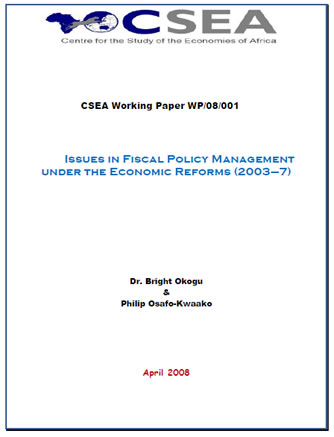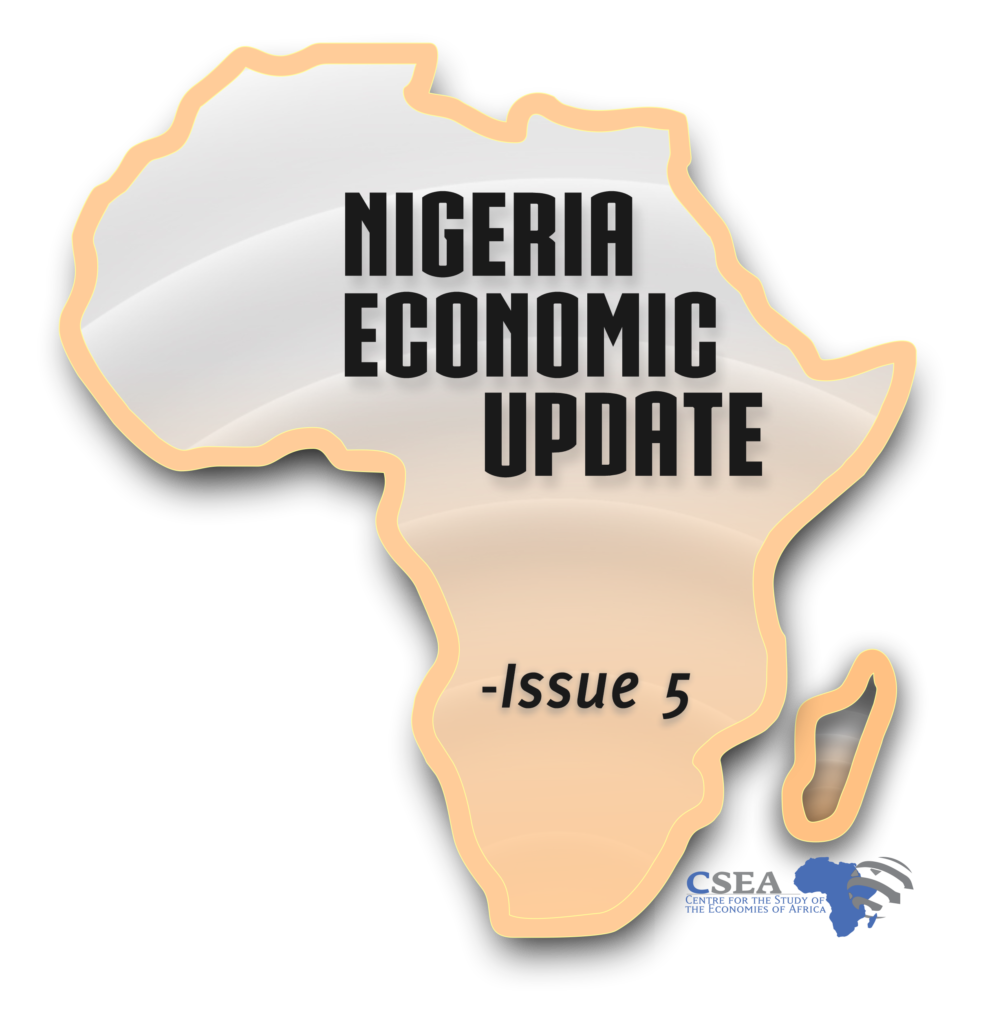Author:Dr. Bright Okogu &Philip Osafo-Kwaako
Oil-dependent economies face two interrelated challenges in the management of oilresources: in the short run, there is the need to create a stable macroeconomic environmentby delinking oil revenue earnings from public expenditures, while in thelong run it is necessary to maintain a sustainable use of resources that ensures intergenerationalequity. In most of the past three decades, Nigerias management of oilresources was poor. The Nigerian economy has experienced significant macroeconomicvolatility, driven largely by external terms-of-trade shocks, the countrys largereliance on oil export earnings and poor policy choices in the management of oilrevenues. By some measures, Nigeria ranked among the most volatile economies inthe world for the period 19602000. Moreover, contrary to the receivedwisdom of increasing financial assets as a means of saving oil revenues, Nigeria hadaccrued significant domestic and foreign liabilities.
Download PDFThis paper was produced as part of a larger project which was jointly financed by the UKDepartment for International Development in Nigeria (through its Policy and Knowledge facility)and the Research Committee of the World Bank.”


 English
English
 Arab
Arab
 Deutsch
Deutsch
 Português
Português
 China
China





